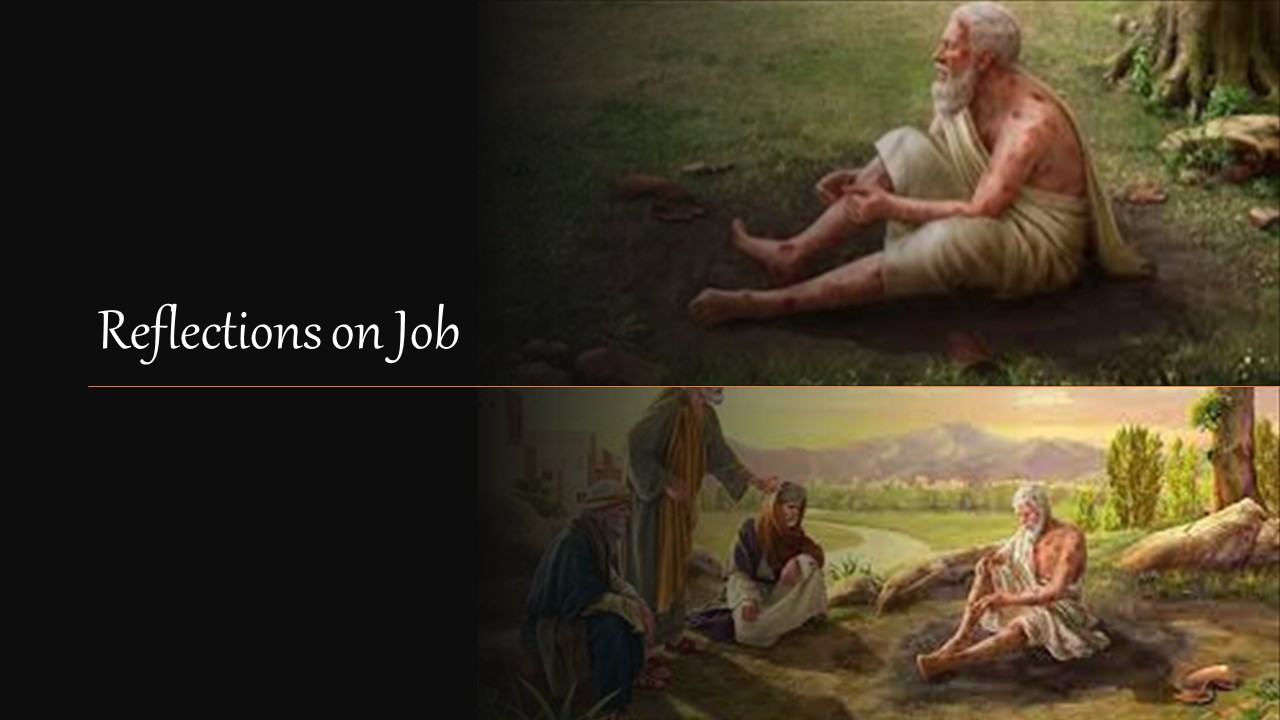Some scholars argue that he is the most important person in Christian history after Jesus. Much of the book of Acts chronicles his missionary activity. He writes at least 13 of the 27 New Testament books. He plants churches. He mentors numerous disciples. He is to the early Christian church what Moses is to the children of Israel. The difference is that while Moses brings God’s people out from the Gentiles so that Israel will be able to do God’s will, Paul brings God’s Word from Israel to the Gentiles so that the Gentiles can do the same; that is, to do God’s will. But his story is one of redemption. His testimony reveals that no one is beyond the saving grace of the Lord. The early life of the man who will become known as “the Apostle of Grace,” is marked by religious zeal, brutal violence, and the relentless persecution of the early church. Still, it’s not how he starts, but it is how he finishes that makes the difference.
Scriptures referenced include Romans 5:8; Acts 9:15-16; Acts 22:22-29; Acts 5:27-42; Acts 7:58; Acts 8:1; Acts 9:1-22; Acts 13:9; 2 Corinthians 11:24–27; Romans 16:1-2; Romans 9:15-16; and Acts 20:19.

The love described by the Greek word storge is best understood as family love. It's the bond that naturally forms between parents and their...

In a village between two mountain ranges, childhood friends Amara and Beniah exemplified true friendship. Their bond was inseparable until a drought threatened their...

We wrap up our study of the Book of Job by reviewing some important themes, exploring ten notes, and discussing some interesting passages. Scriptures...